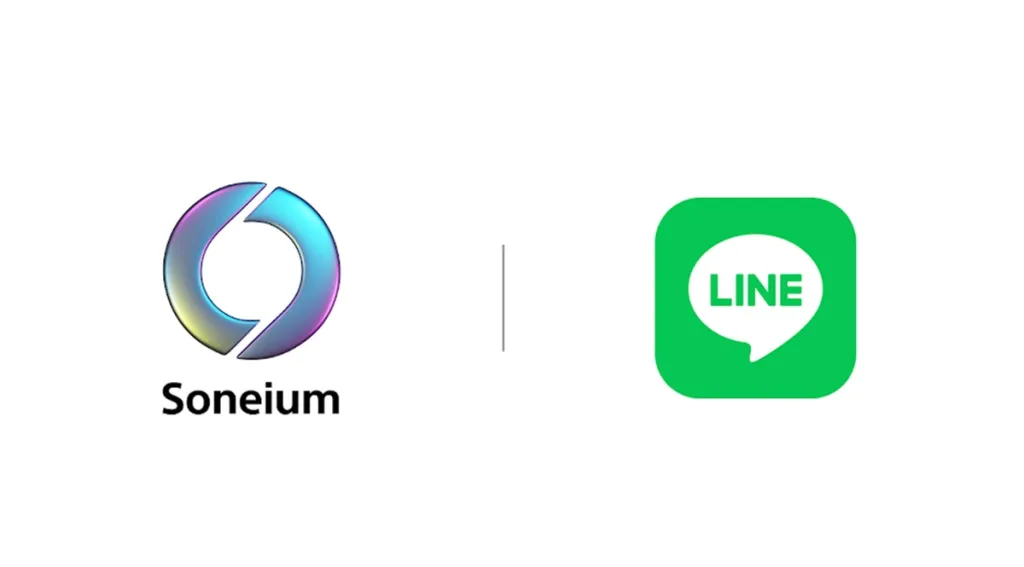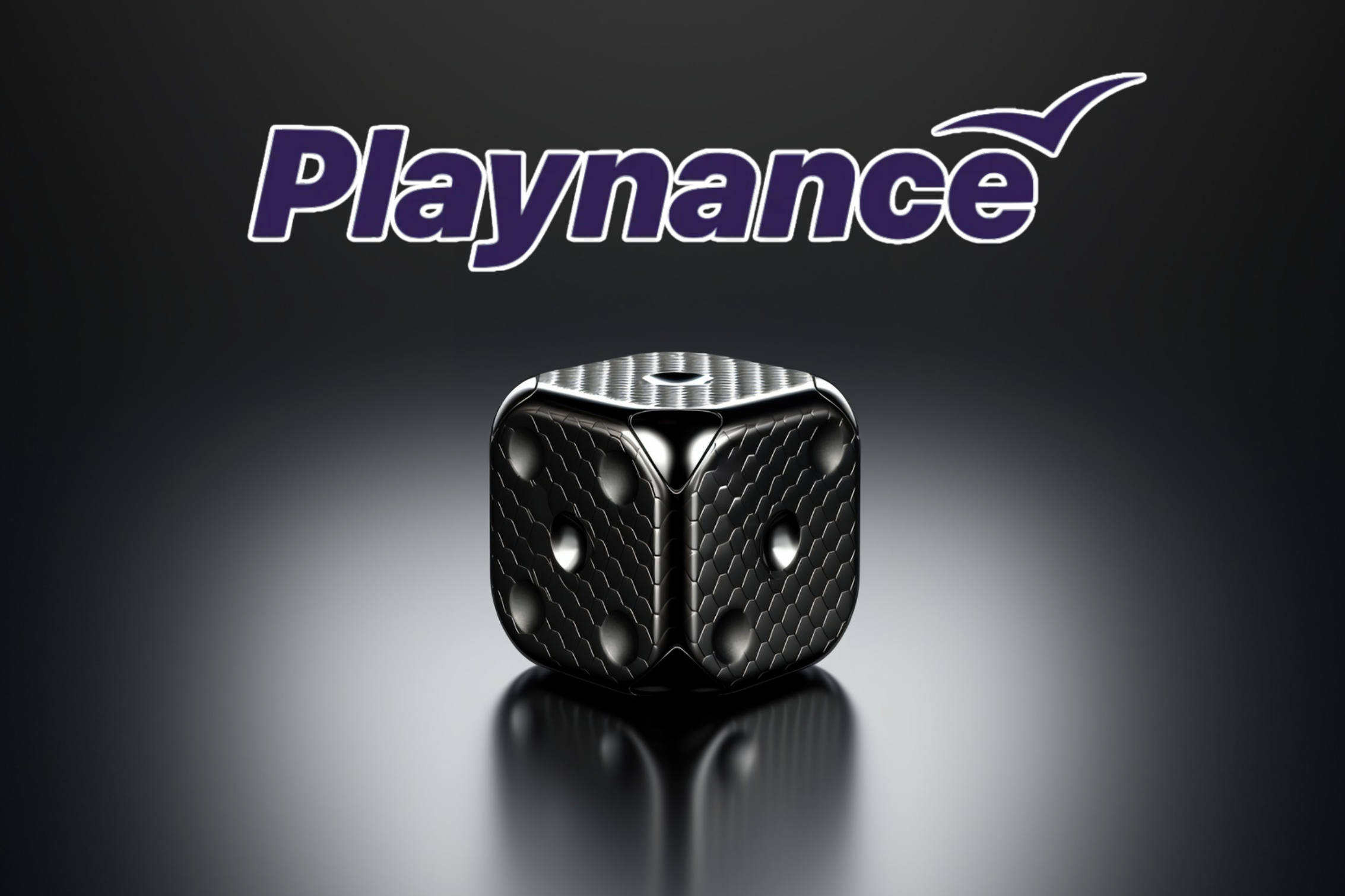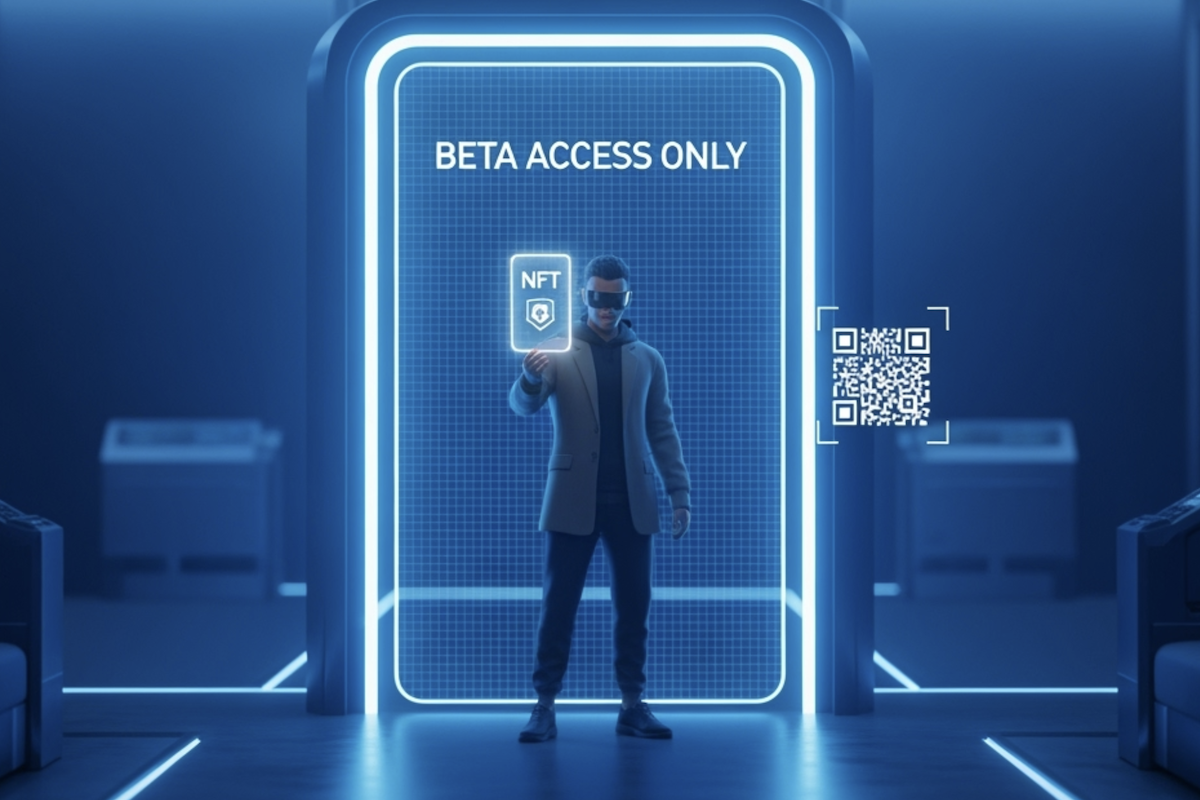Immutable Mobile Division Targets $121B Market for Web3 Expansion
Immutable’s new Mobile Division targets the $121B mobile gaming market, aiming to scale Web3 adoption through tools, partnerships, and developer support.

Immutable has launched a dedicated Mobile Gaming Division to target the $121 billion mobile market. This article looks at why the company is prioritizing mobile, the strategies behind the move, and what it means for the future of Web3 gaming.
Key Takeaways
Immutable’s Mobile Gaming Division targets the mobile gaming market.
The team will invest in studios, streamline integration, and expand app store partnerships.
Three Immutable-backed games topped App Store and Google Play charts in 2025.
Court rulings and legislation are opening the door for crypto payments in mobile games.
Immutable’s ecosystem of 680+ games and major studio partnerships puts it in a strong position.
Why Mobile is Immutable’s Biggest Bet
Mobile accounts for more than half of all global gamers and generates more revenue than PC and console combined. Over three billion people now play games on their phones, making it the single largest audience in the industry.
Immutable sees this as the fastest route to mass Web3 adoption. The company wants to merge familiar free-to-play models with blockchain features like digital ownership and tradable assets, giving mobile players both accessibility and new economic opportunities.
Immutable’s momentum is driven by titles like Gods Unchained, a competitive trading card game; Guild of Guardians, a mobile RPG with play-to-earn mechanics; and Illuvium, a visually rich auto-battler gaining traction across platforms. These games showcase how Web3 experiences can deliver both quality gameplay and blockchain-powered ownership.
The Four-Part Strategy
The Mobile Gaming Division is focused on four priorities:
Push Web3 adoption with mobile-first strategies
Invest in studios building on Immutable’s Layer 2 blockchain
Release tools that simplify blockchain integration for developers
Expand partnerships with publishers and app stor
Together, these steps are designed to lower barriers for developers and give blockchain benefits for players.
Regulatory Tailwinds
Immutable is acting now because regulations are shifting in its favor. The Epic Games Store case—where a U.S. court ruled that Apple must allow external payment links in apps—allowed developers to integrate external crypto payments, cutting into the restrictive 30% fees charged by app stores.
Legislation like the proposed CLARITY Act, which aims to define clear rules around digital assets, is also expected to make it easier for major studios to adopt blockchain features.
By launching a mobile-focused division at this moment, Immutable is positioning itself to take advantage of a regulatory environment that increasingly supports crypto integration.
Building a Wider Ecosystem
Immutable already supports over 680 games and partners with major studios, including Ubisoft. Its infrastructure includes Immutable Chain for scalable transactions, Passport for wallet and identity management, and Play tools to help developers grow.
The new mobile unit will focus on strengthening app store partnerships and providing developer support. The Asia-Pacific—a region that leads the world in gaming revenue—will be a key focus for growth.
While Immutable has a strong position, it is not alone. Competing platforms like Ronin, Mythical Games, and Gala are also making moves in the Web3 mobile space, making this a fast-evolving and competitive landscape.
This announcement comes on the back of one of the strongest years in Immutable's history:
Major CEX and stablecoin partnerships
180+ new games (including $100M+ franchise)
Over 680 games onboarded onto Immutable
Viral expansion to Web2 games
X and zkEVM chain merger
Why Web3 Mobile Gaming Matters
Web3 gaming continues to grow, with millions of active users and increasing investment from major studios. While long-term projections vary widely, most analysts agree that mobile platforms will drive much of this growth due to accessibility and global reach.
For players, this shift promises:
True ownership of in-game assets as NFTs
Open trading through decentralized marketplaces
New ways to earn and engage through in-game economies
For developers, it offers fresh revenue streams. Lower platform fees and blockchain-enabled economies create room for more sustainable business models.
Still, challenges remain—from user onboarding friction to regulatory uncertainty in some regions. These factors may slow adoption, even as the infrastructure matures.





